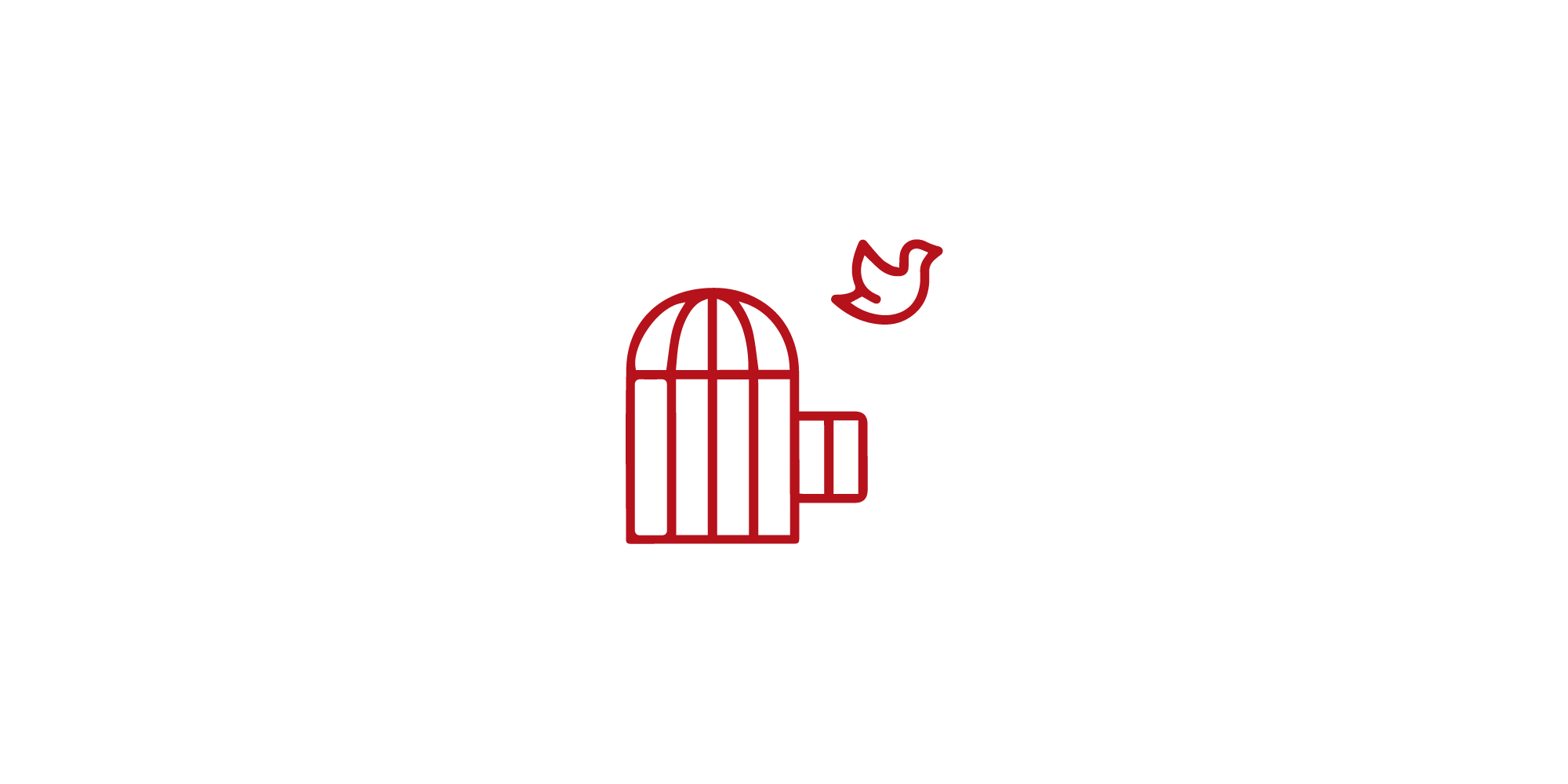Letter to Clients: 4th Quarter 2016
Dear Clients and Friends:
In many ways, autumn is my favorite time of the year. I find the cool crispness of the weather refreshing, the excitement of a new football season invigorating, and we will soon be gathering with friends and family to celebrate the holidays. It also means that we are entering the final quarter of the year which puts us in a sprint to achieve, maintain, and maybe even exceed the goals we set at the beginning of the year.
At DV Financial we are busy preparing for 2017. One of our goals for next year is to have more fun activities and social interaction with you. If you have not already done so, please take a moment to complete this short three question survey so we can learn what type of activities you would enjoy. If there is enough interest, we will host a variety of programs in 2017 and you will be invited to the ones of interest to you.
We are also proactively preparing for regulatory changes that begin to take effect in April 2017. You may have already heard about the new Department of Labor (DOL) regulations which will set a new level of standards in regards to retirement accounts. In the coming months you will hear the term ‘fiduciary standard’ with increasing frequency. A fiduciary standard of care stipulates that a financial advisor must act solely in their client’s best interest. To some degree, it seems awkward that we need the U.S. Government to dictate such a duty of loyalty, but not all financial transactions are currently held to a fiduciary standard. Many transactions are held only to a suitability standard which only requires that the investment strategy meet the objectives and means of an investor. This has the potential to create conflicts of interest.
While it appears simple, the entire issue is quite complex. Volumes have been written attempting to explain and decipher the regulations, but there are a few key things you need to know:
- We support the fiduciary standard and have held ourselves to such a standard for many, many years
- We remain committed and continue to put our clients’ financial interests ahead of our own.
- Like many well intended government programs, expect some unintended consequences which may limit consumer choices and/or increase associated costs due to additional requirements for documentation
- We will adapt as necessary to adhere to regulatory requirements without sacrificing superior service.
Is that an Elephant?
We left the third quarter in a period of unusual complacency. Complacency is Wall Street speak for days upon days when the major market indexes trade within an unusually narrow range. In August the S&P 500 range was the seventh narrowest since 1928. One thing that is absolutely certain – short term periods of sheer boredom eventually come to an end. We don’t know when, but it always happens. In this case, a modest bout of volatility returned to the market mid-September. Much of it was related to interest rate worries and chatter from various Federal Reserve officials.

In general the markets remained calm despite the “elephant in the room”; something that everyone at the party is aware of but we all decide it’s best to pretend it’s not there with us. Today’s elephant is the upcoming election. Politics can fuel all types of emotions. Sometimes we feel strongly about certain issues or certain candidates. It’s not uncommon to think, “How can anyone see things differently than I do?!” and that’s when the fireworks begin.
Recognizing that we all have our own political views, opinions, and filters, wisdom dictates we should exercise caution before we tiptoe into the minefield. This letter is not political in nature.
Our goal is to help you see the election through the lens of the market. Admittedly, this is a very narrow lens, but I am not a political analyst.
I am your financial planner, your financial advisor, and your financial advocate. I aim only to earn and maintain my role as your trusted financial confidant. I am here to join you on life’s journey toward your financial goals, not to pontificate on the important issues.
Your vote counts
The election is on everyone’s mind but we urge you to keep your eye on your long term financial plan. While we’ve seen very little volatility tied to the election, it’s possible things could get a bit bumpy around Election Day. Yet our message remains unchanged: Markets may go through choppy periods in the short term, but a disciplined approach is the straightest line to your financial goals.
Given that it is football season, we can make the analogy that trying to time the highs and lows in the markets is much like trying to predict the string of plays your favorite team will call before the opening kickoff. As the game progresses, your pregame predictions are even less likely to be accurate. At halftime, with your team leading 21-9, you may try to guess what the score might be midway through the fourth quarter. But as every fan understands, the situation can change with every play. Have you ever listened carefully to the keen insights of sport professionals during the halftime show? None of them offer up a prediction of the final score. As baseball great Yogi Berra was fond of saying, “It’s tough to make predictions, especially about the future.”
The German version of too big to fail
Investors are living in the shadow of 2008. While the wounds have healed for those who maintained a disciplined approach, the scars may still run deep. As a result some investors have a tendency to look over their shoulder, always wary that another crisis is lurking, ready to ambush them. The latest such instance hails from Europe – Germany to be specific.
Deutsche Bank is Germany’s largest bank. With assets that tower nearly $2 trillion, it is Europe’s fourth largest bank by assets. Safe to say, it’s too big to fail. Unlike their U.S. counterparts, which diligently raised capital in the post-2008 era, Europe’s banking system is in a much more fragile state. And right now Deutsche Bank is the poster child for ailing European banks.
At the end of the second quarter, the International Monetary Fund said Deutsche Bank posed the greatest risk to the global financial system. In part, problems spring from profitability issues and the lack of a solid capital buffer. In mid-September, Deutsche Bank was asked by the U.S. Justice Department to pay a $14 billion fine for selling toxic mortgage securities. It was a punch to the gut for a bank that was already wobbly. Then, two ill-timed stories hit the wire near the end of September. German Chancellor Angela Merkel reportedly ruled out any state assistance for the bank (denied by both parties), and about ten hedge funds that do business with the bank moved to reduce their exposure.
Today, it is an issue of confidence.
The bedrock of the financial system
The foundation of the global financial system is confidence. We hold our cash in banks and we have the confidence we can walk into our local branch at any time and withdraw the entire amount. But if everyone were to show up at once, it would amount to a run on the bank. If confidence evaporates and it happens to a bank that is ‘too-big-to-fail’, tremors can quickly spread around the globe as we saw in the wake of Lehman’s failure. It’s like throwing a giant wrench into the gears of the financial system.
Deutsche Bank is not a Lehman moment
What ails Deutsche Bank also dogs many of Europe’s large banks, all of which are grappling with a number of headwinds. Hopefully, the 2008 crisis was a once in a lifetime event. Investors must be careful not to think the sky is falling every time it rains. Such fear could deter you from taking the risks necessary to achieve your financial goals.
What’s different today? Unlike 2008, central banks and governments are painfully aware of the carnage that was sparked by Lehman’s disorderly demise. Additionally, U.S. banks are much better positioned today. The economic fundamentals aren’t deteriorating, and banks aren’t floundering under the weight of toxic assets. While EU banking rules have been designed to limit taxpayer support of large institutions, it’s hard to see a situation where Germany would allow a disorderly dissolution of its largest bank. Such an event would wreak havoc on its economy.
Moreover, firewalls are now in place that weren’t available in 2008. It’s not that we can’t see some volatility if problems persist, but U.S. fundamentals, which have helped support shares during periods of recent volatility, remain intact.
Final Thoughts
Last quarter, in the wake of Brexit, we pointed out that Democracies can be messy. It would be prudent to keep that in mind as we witness the most amazing part of our government: a free and fair election followed by a peaceful transition of power, regardless to whom it is being transferred.
Since this will be the final client letter of 2016, I want to take this opportunity to thank you again for the opportunity to serve as your financial planner. If you ever have questions or concerns, we are available to you.
Please take a moment to complete the short Potential Event Ideas survey. May you and yours enjoy a safe and wonderful Holiday Season.
Sincerely,
Art Dinkin, CFP®

















